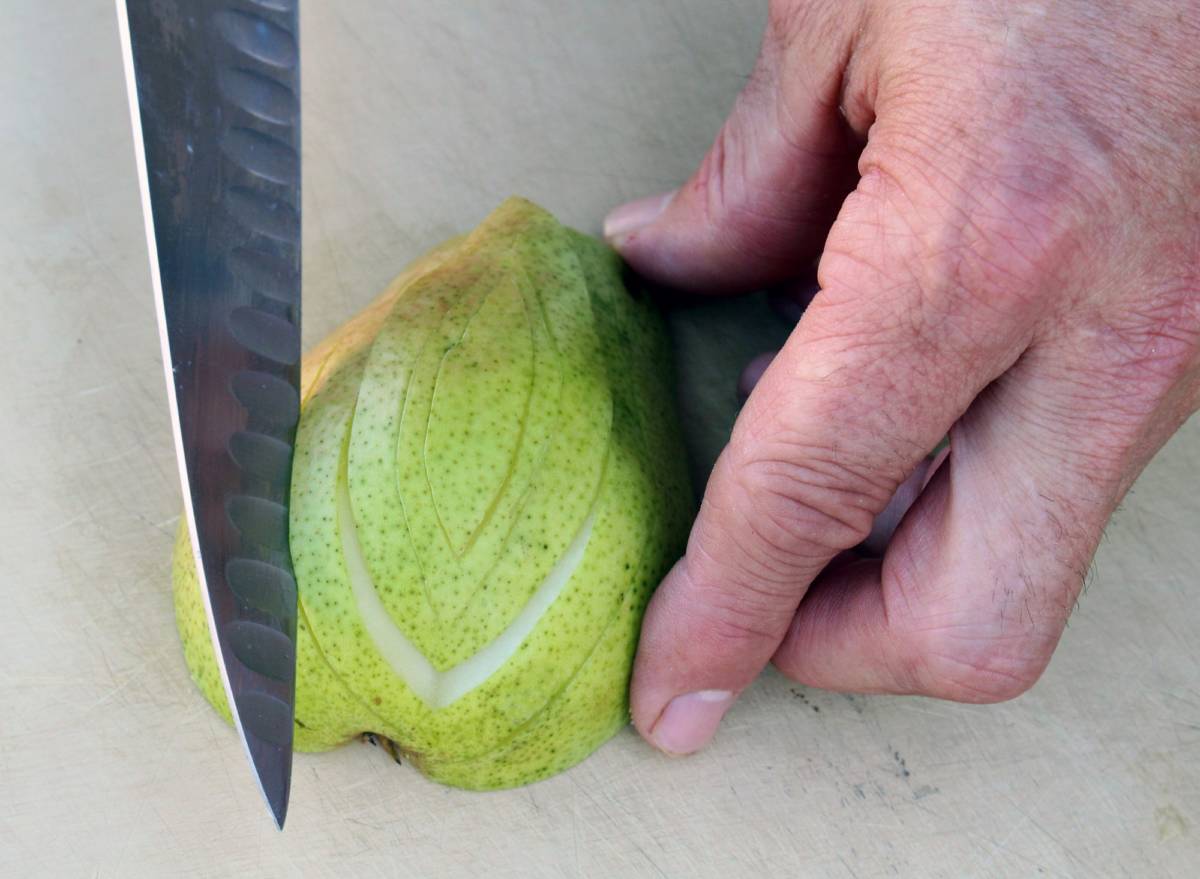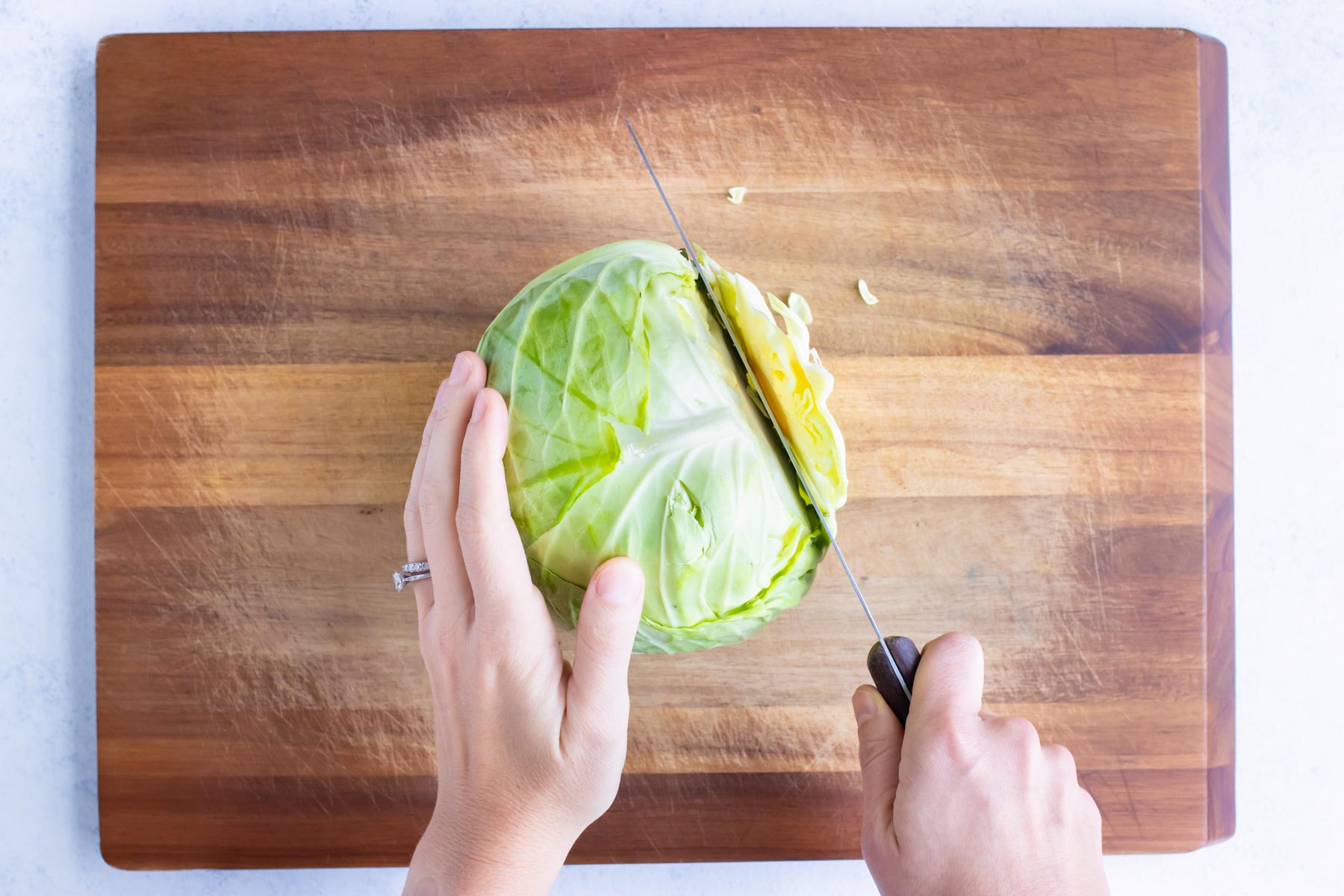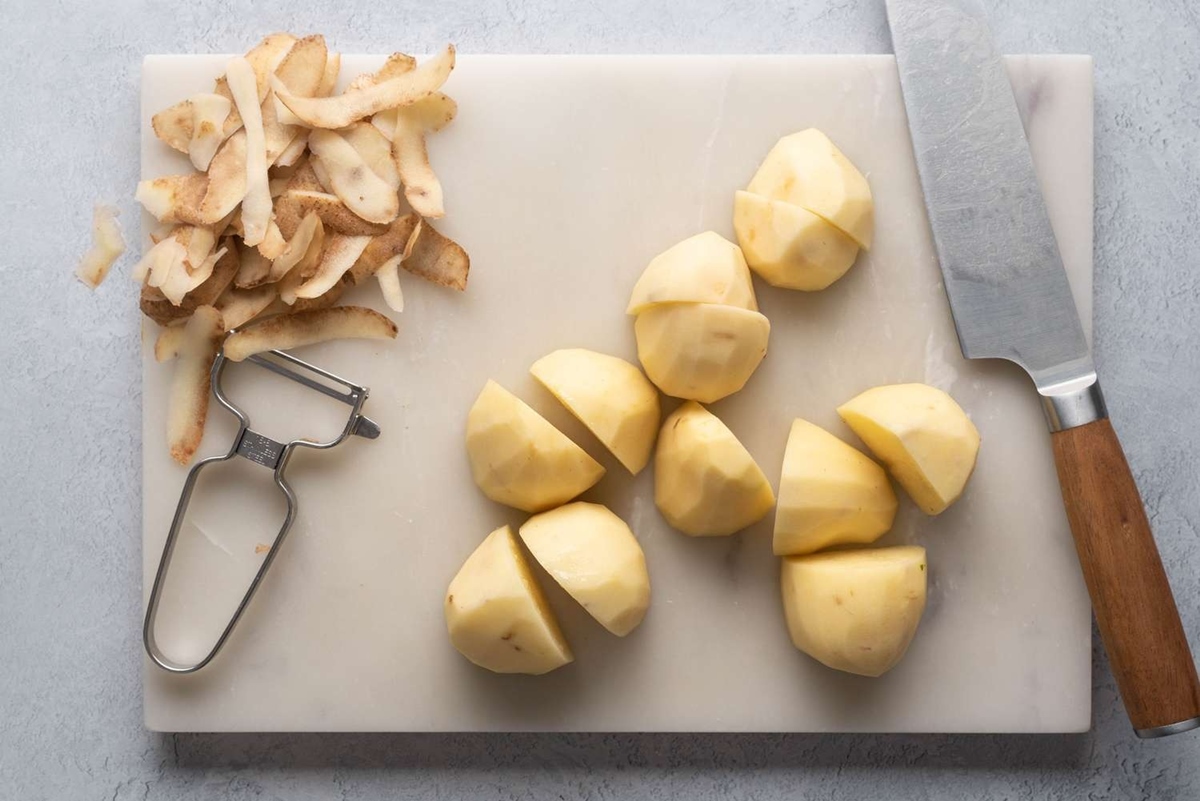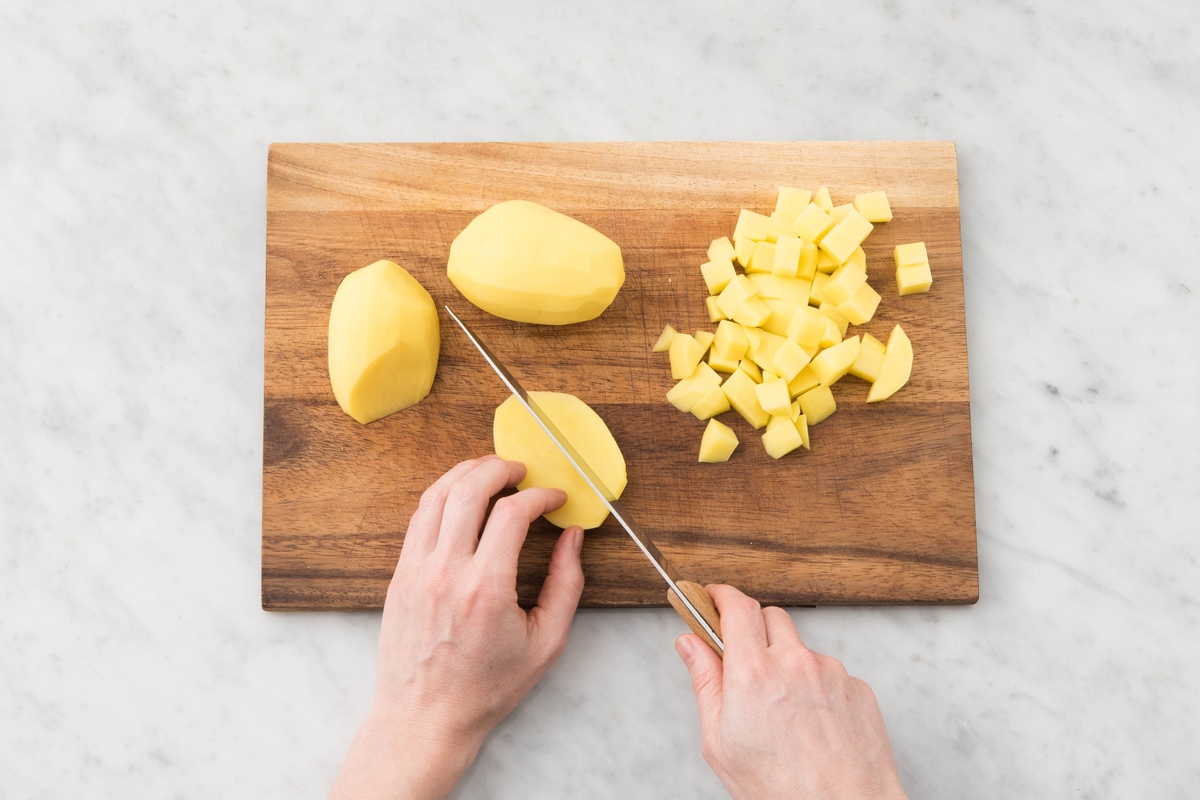How To Cut The Lemon Taste
Do you love the refreshing flavor of lemon, but sometimes find it a bit too overpowering? Don’t worry, we’ve got you covered! In this article, we will share some useful tips and tricks to help you cut the lemon taste, allowing you to enjoy the perfect balance of tanginess and sweetness. Let’s get started!
1. Balance it with sweetness
One of the easiest ways to cut the lemon taste is to balance it with sweetness. Adding a touch of sugar or sweetener can help neutralize the acidity and bring out the natural flavors of lemon. You can try adding a teaspoon of honey, agave syrup, or a sprinkle of powdered sugar to your lemon-infused dishes or drinks.
2. Dilute with water or other liquids
If you find the lemon taste too strong, simply dilute it with water or other liquids. For example, when making lemonade, add more water than lemon juice to tone down the tartness. When cooking with lemon, consider incorporating vegetable or chicken broth to mellow out the flavor. Mixing lemon juice with a splash of coconut water or pineapple juice can also help balance the taste.
3. Use lemon zest instead
If you enjoy the aroma and zing of lemon but want to reduce the tartness, consider using lemon zest instead. The zest of lemon contains the essential oils that give it a citrusy punch without the sharp tang. You can grate the yellow part of the lemon peel and use it to flavor your dishes or desserts without overwhelming the taste buds.
4. Pair it with creamy or rich ingredients
Another way to cut the lemon taste is to pair it with creamy or rich ingredients. The creaminess helps to balance out the acidity and create a harmonious flavor profile. For instance, adding a dollop of yogurt or sour cream to a lemon-based sauce or salad dressing can help mellow out the tangy notes. You can also try incorporating avocado or coconut milk into your lemon-infused recipes.
5. Experiment with herbs and spices
If you want to add complexity and depth to your lemon dishes while minimizing the tartness, experiment with herbs and spices. Incorporating ingredients like fresh mint, basil, thyme, or ginger can help complement and mask the strong lemon taste. These aromatic additions will add a new layer of flavor and balance out the tartness.
6. Adjust the amount of lemon used
Lastly, one of the most straightforward ways to cut the lemon taste is to simply adjust the amount of lemon used in your recipes. If a recipe calls for the juice of two lemons, you can start with the juice of one lemon and taste as you go. This way, you can control and find the perfect balance of lemon flavor that suits your preference.
So, whether you’re making a zesty lemon cake, a tangy lemon vinaigrette, or a refreshing glass of lemonade, these tips will help you cut the lemon taste and enjoy a well-balanced flavor profile. Don’t be afraid to get creative and experiment with different ingredients to find your ideal level of tanginess. Happy cooking!
Explore Recipes and More Ways to Use This Guide
As you master the art of cutting the lemon taste, a variety of recipes await to test your newfound skills. From refreshing beverages to hearty meals, each recipe offers a unique way to incorporate this guide into your cooking repertoire. For a classic touch, try the Explore Classic Lemonade with Honey, where balancing the sweetness of honey with the tartness of lemon is key. If you're aiming for a more savory dish, the Try Lemon Garlic Chicken with Yogurt Sauce provides an excellent opportunity to practice moderating lemon's dominance while enhancing the garlic and yogurt flavors. For those with a sweet tooth, the Bake Lemon Coconut Cake with Cream Cheese Frosting is a delightful challenge, requiring careful adjustment of lemon to harmonize with the rich coconut and cream cheese. These selected recipes are recommended to not only enrich your meals but also to refine your ability to temper lemon's bright zest, making each dish a testament to your culinary prowess.
Was this page helpful?
Read Next: How To Cut Eggs For Deviled Eggs











